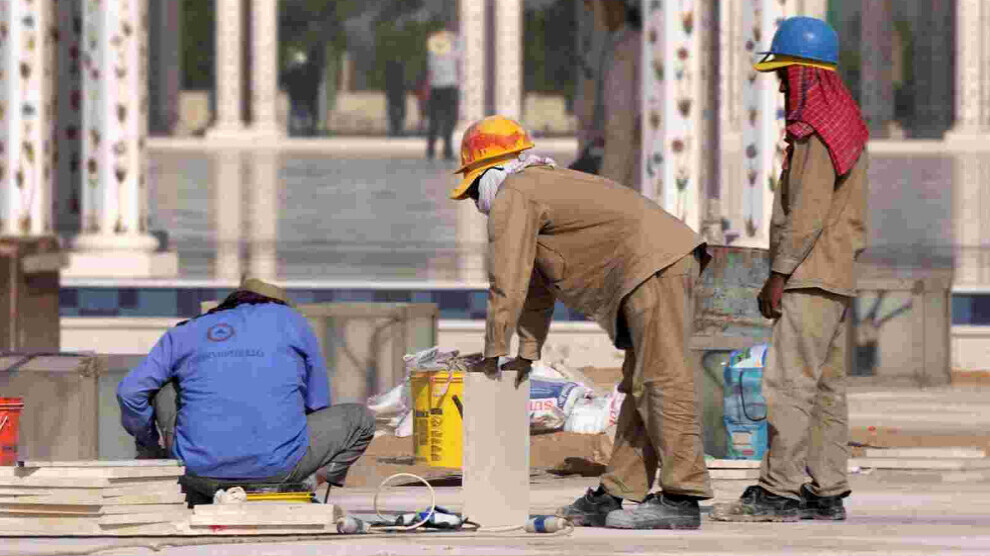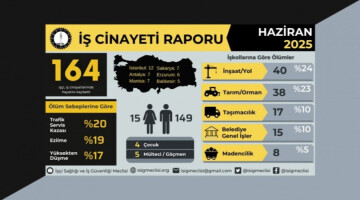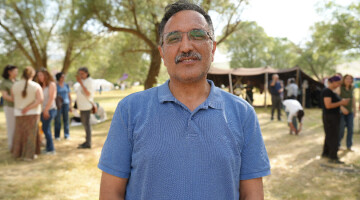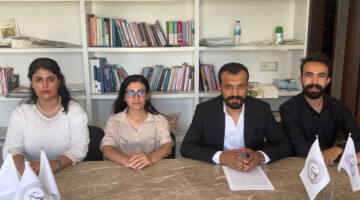As many as 10,000 migrant workers from south and south-east Asia die every year in the Gulf countries, according to a report by a group of human rights organisations.
More than half of the deaths are unexplained, said the report, and are commonly recorded as due to “natural causes” or “cardiac arrest”. But Gulf states are failing properly to investigate why so many migrant workers are dying.
The report, Vital Signs: The deaths of migrants in the Gulf, has been compiled by NGOs from Bangladesh, India, Pakistan, Nepal and the Philippines, and FairSquare Projects, a London-based migrant rights organisation.
Low-paid migrant workers in the Gulf are exposed to a series of risks to their health, including heat and humidity, air pollution, overwork and abusive working conditions, poor occupational health and safety practices, psychosocial stress and hypertension. Long hours of manual labour in searing temperatures can result in heat stress, which can lead to organ damage, the report said.
The report said in its introduction that "the economies of the six oil-rich Gulf states of Bahrain, Kuwait, Oman, Qatar, Saudi Arabia and the United Arab Emirates (UAE) are highly dependent on low-paid migrant workers from Asian states such as India, Nepal, Pakistan, Bangladesh, Sri Lanka, and the Philippines. These workers sustain a wide range of sectors, from domestic service, to hospitality, to construction. Despite widespread criticism of their systematic abuse and exploitation in the international media - notably in relation to Qatar’s preparations to host the 2022 World Cup - the Gulf states have largely avoided structural labour reforms, and origin states have been unable to ensure proper protection for their nationals abroad. The perceived benefits of outward migration for origin states, combined with vested interests in the south Asian and southeast Asian recruitment industry, and the Gulf states’ effective use of their economic and political leverage, in large part explains why origin states have never collectively demanded better protection for their workers. Whereas rights groups, trade unions, academics and the media have extensively documented the serious abuses to which these workers are routinely subjected, and identified the laws and policies and practices responsible, there is a critical gap in this body of research: nobody knows how many of these workers are dying, or the causes of their deaths. This project sets out to answer these questions and to propose and advocate for policies that will better protect the health and lives of low-paid migrant workers in the Gulf and ensure compensation for the families of those who have died needlessly. The purpose of this initial report, which will be supplemented by more detailed reporting on key thematic issues in 2022 and 2023, is to present a general overview of what we currently know about this issue."















